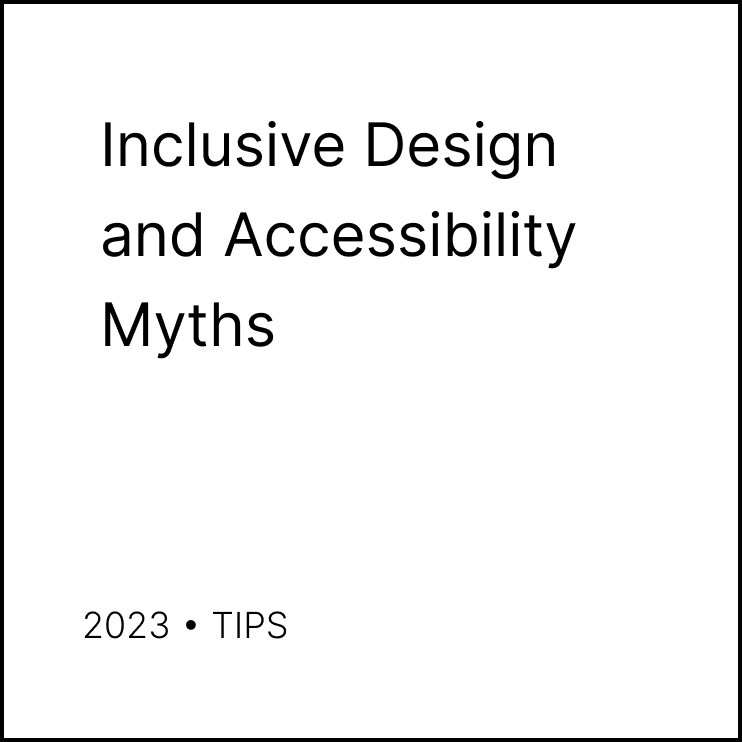During my interview with Klarna, I was surprised to find an IQ test as part of the hiring process. It caught me off guard—not because I'm against testing cognitive abilities, but because it made me reflect on what truly matters in a team or leadership context. IQ tests, while useful for measuring abilities like logic and pattern recognition, offer a narrow view of human potential. In contrast, emotional intelligence (EQ)—our ability to understand, empathize, and collaborate—is often a better predictor of success in today's workplaces.
This experience sparked a deeper question that many professionals are grappling with: Are we measuring the right qualities for success in the modern professional landscape?
The Traditional Case for IQ
IQ tests have long been the gold standard for measuring cognitive ability. They assess logical reasoning, pattern recognition, mathematical skills, and analytical thinking — capabilities that are undeniably valuable in many roles. Companies that use IQ testing often argue that cognitive ability is the strongest predictor of job performance, particularly in complex, technical positions.
The appeal is understandable. IQ provides a seemingly objective, quantifiable metric. It's standardized, comparable across candidates, and has decades of research supporting its validity as a measure of certain mental capabilities. For roles requiring rapid problem-solving, data analysis, or technical expertise, cognitive ability can be a crucial foundation.
The Rising Recognition of EQ
However, emotional intelligence tells a different story — one that's becoming increasingly relevant in our interconnected, collaborative work environment. EQ encompasses self-awareness, empathy, social skills, and the ability to understand and manage emotions in ourselves and others.
Consider the daily reality of most jobs today. Success rarely depends solely on individual cognitive prowess. Instead, it hinges on our ability to:
Collaborate effectively with diverse teams across different time zones and cultures
Communicate complex ideas to stakeholders with varying levels of technical knowledge
Navigate workplace conflicts and find solutions that satisfy multiple parties
Understand customer needs beyond what data and metrics reveal
Lead and inspire others during periods of uncertainty or change
Adapt to feedback and maintain resilience in the face of setbacks
These skills aren't captured by traditional IQ tests, yet they're often the determining factors between good performance and exceptional leadership.
The Leadership Imperative
The importance of EQ becomes even more pronounced when we examine leadership effectiveness. Research consistently shows that the most successful leaders aren't necessarily those with the highest IQs, but rather those who can connect with their teams, understand diverse perspectives, and create environments where others can thrive.
High-EQ leaders excel at:
• Reading the emotional temperature of their teams
• Providing support and motivation during challenging projects
• Making decisions that consider both data and human impact
• Building trust and psychological safety
• Fostering innovation through inclusive collaboration
This is particularly critical when teams are focused on problem-solving and innovation. The best solutions often emerge not from pure analytical thinking, but from understanding the human context of problems—what frustrates users, what motivates team members, and what barriers exist beyond the purely technical.
The AI Factor: What Remains Uniquely Human
The rise of artificial intelligence adds another dimension to this discussion. AI systems are becoming increasingly sophisticated at pattern recognition, data analysis, and even complex problem-solving, many of the tasks traditionally associated with high IQ.
What AI cannot replicate, however, is genuine emotional intelligence. Machines can process sentiment analysis and recognize emotional cues, but they cannot truly empathize, build authentic relationships, or understand the nuanced human experiences that drive behavior and decision-making.
As AI handles more of the computationally heavy lifting, human workers are freed to focus on what we do best: connecting, creating, and collaborating. This shift makes EQ not just valuable, but essential for remaining relevant in an AI-augmented workplace.
Building Products That Matter
This human-centered approach is particularly crucial in product development. Technical excellence means nothing if we're solving the wrong problems or creating solutions that don't resonate with users. Understanding customer emotions—their frustrations, motivations, and unspoken needs—requires the kind of empathy and social intelligence that EQ encompasses.
Teams with high collective emotional intelligence are better positioned to:
• Conduct meaningful user research that goes beyond surface-level feedback
• Design experiences that truly address human needs and pain points
• Navigate the complex stakeholder dynamics that often make or break product initiatives
• Maintain team cohesion and creativity during the inevitable challenges of product development
The Integration Approach
Rather than viewing IQ and EQ as competing measures, forward-thinking organizations are recognizing that both contribute to success, but in different ways and at different times.
The most effective approach involves:
Cognitive diversity: Building teams that combine high analytical ability with strong emotional intelligence, allowing for both rigorous problem-solving and human-centered solutions.
Context-dependent evaluation: Recognizing that different roles and situations may weigh these capabilities differently, while ensuring that purely technical roles still include collaboration and communication requirements.
Development focus: Investing in EQ development across the organization, since emotional intelligence can be learned and improved throughout one's career, unlike IQ, which remains relatively fixed.
Holistic assessment: Moving beyond single-metric evaluation to consider how candidates demonstrate both analytical thinking and emotional intelligence in real-world scenarios.
Practical Implementation
Organizations looking to better balance IQ and EQ in their hiring and development practices might consider:
• Behavioral interviewing that reveals how candidates handle interpersonal challenges, ambiguity, and feedback
• Team-based assessment activities that showcase collaboration and communication skills alongside problem-solving ability
• Customer interaction scenarios that test empathy and understanding of user needs
• Ongoing EQ training and development programs for all employees, not just those in traditional "people" roles
• 360-degree feedback systems that capture emotional intelligence competencies from multiple perspectives
The Path Forward
The workplace of the future will likely require both sharp analytical thinking and sophisticated emotional intelligence. However, as AI continues to augment our cognitive capabilities, the competitive advantage increasingly lies in our uniquely human abilities to connect, empathize, and collaborate.
Companies that recognize this shift and invest in developing emotional intelligence alongside technical skills will be better positioned to build products that truly matter, teams that thrive under pressure, and leaders who can navigate an increasingly complex business landscape.
The question isn't whether IQ or EQ matters more — it's whether we're wise enough to cultivate both while recognizing that our humanity, expressed through emotional intelligence, may be our greatest competitive advantage in an increasingly automated world.







